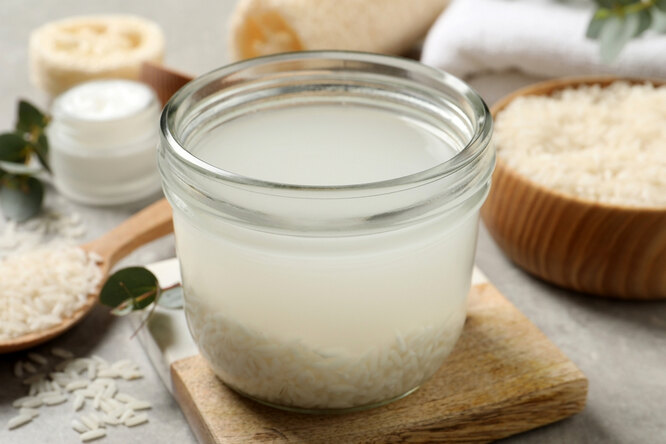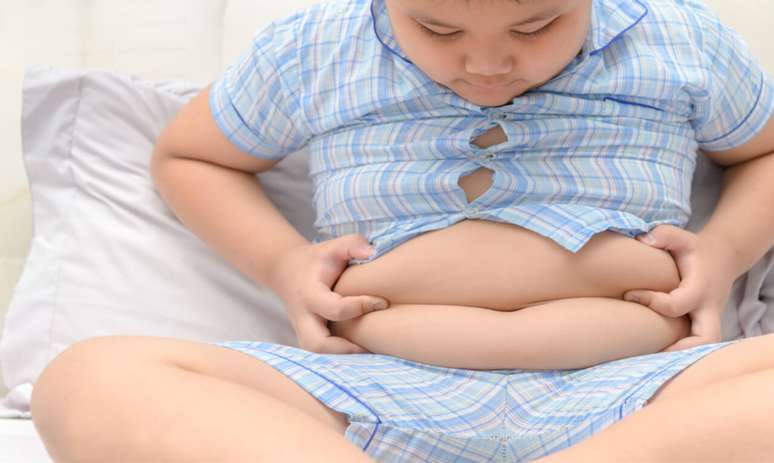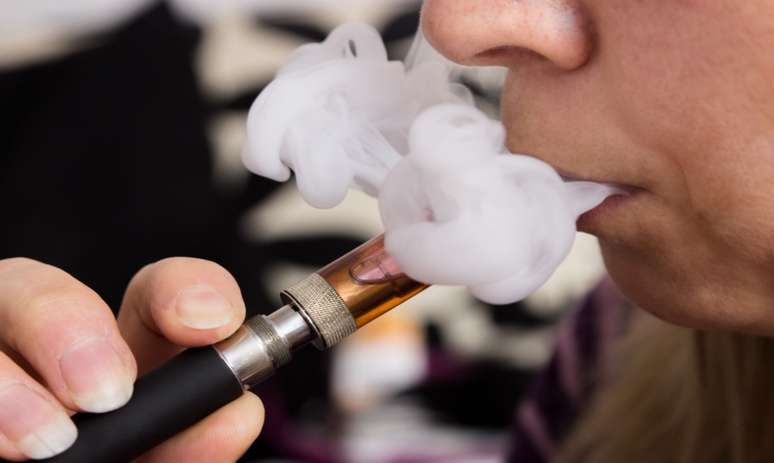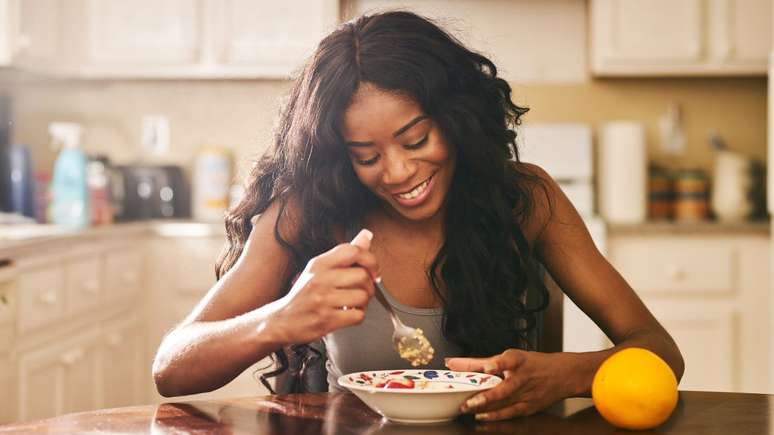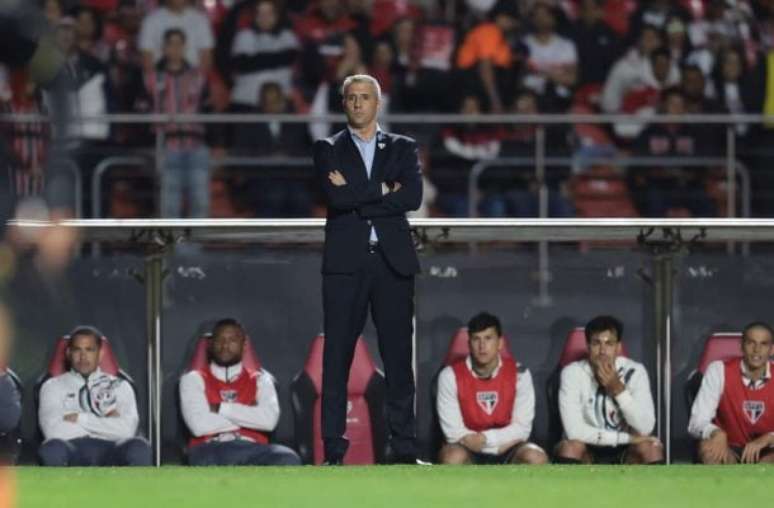Should I wash rice before cooking it? Yes, but not for the reason you think: from a scientific point of view, the effects of washing rice are not at all what we imagine.
Type in a search engine the query “rules for cooking rice”, “why it is recommended to rinse rice” or “how to avoid damaging rice when washing” and you will discover that thanks to rinsing, the cereals do not will not stick, and the finished side dish will turn out to be light and fluffy. But what if we told you it’s not true and we have proof?
Why do cooks wash rice before cooking it?
Experienced cooks say that the benefit of washing rice is to remove excess starch – due to this, the grains are no longer sticky. This is what can be seen in the water, which becomes cloudy after rinsing – as studies prove, during the soaking process, amylose is washed out – starch, which ends up on the surface grain during processing.
For this reason, chefs favor washing rice before cooking – except, of course, in recipes where stickiness is important, such as risotto, paella or rice pudding. In these cases, washing rice before cooking, according to professionals, is not only unnecessary, but it can be harmful, spoiling the consistency of the dish.
ADVERTISING – CONTINUED BELOW
We can say that there are whole culinary schools on water procedures for cereals: cooks have different opinions on how to properly wash rice – some advise doing it with purified water with preliminary soaking , others think that a spray from the tap and 30 seconds is enough.
And, of course, a person’s opinion on whether or not rice should be washed before cooking is influenced by context. For example, there are countries where this action has a very simple meaning: there is a lot of waste and dust in the cereals. We prefer to wash rice by inertia – after all, that’s what our mothers and grandmothers did, and often we don’t even think about the impact of washing rice on the taste of the dish.


